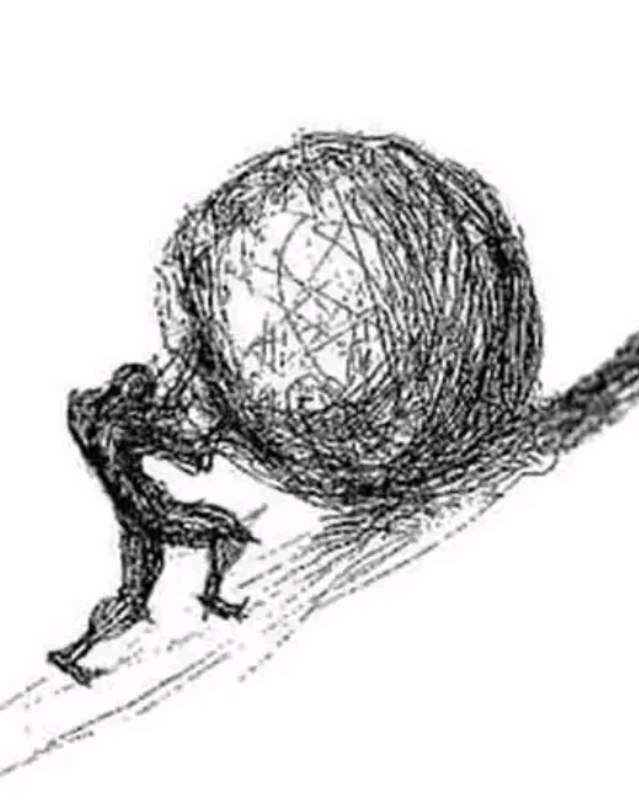Are they responsible for the conditions there?
Of course all of the other “China is imperialist” claims are bullshit but it seems like this is true and could potentially lead to valid accusations of imperialism or at least bad regulations.
What’s the reason for what’s going on in the Congo, I guess? What is happening on a detailed level? I can’t find many resources outside of blatantly western shit.
I know what’s going on and like the bad things but I’m asking why basically. Is it China?


Forgive the biased US source, but it seems the share of so-called artisanal mining in the DRC has been falling steadily since 2008 going from 40-53% to 9-11% in 2020. If China is responsible for conditions there, then China is responsible for improving conditions there.
If China can sell more cobalt ore of higher quality and cheaper than “artisanal miners” while not paying taxes, as an example, they could lead to the reduction of “artisanal miners”, that is, people who got their sustenance from mining, without actually improving anything or leading to less money getting to people and less money staying in the coutnry. So that reduction by itself doesn’t lookt like any evidence of “good” things as it could just as easily be reached by “bad” things.
This can be good but more information would be necessary to properly contextualize this I think.
Artisanal miners is a misnomer and I wouldn’t be surprised if it was picked on purpose. It implies some farm-to-table local miner who caringly nurtures the cobalt nuggets into a basket, but it’s not that. It actually refers to mining done without machinery and, by extension, often with no regard for safety or protection. Artisanal miners can be employed by companies as well as proletarians, except the work will be more dangerous. There’s also no implication in this activity that it pays better to do it solo than being paid by a company. I would assume most solo, low-gear miners sell their ore to one of many middlemen regardless and don’t make that much more money than if they were employed in a bigger mine. Their livelihood is predicated on their productivity in finding and mining ore, not on a wage. I’m not sure that’s necessarily better than wage labor.
Miners employed in mines that are partly owned by China (there are no mines owned 100% by chinese companies, they own shares in existing mines) are getting their sustenance from mining just like ‘artisanal miners’ are. Artisanal miners are just moving to those bigger companies instead when their activity dries up.
So are you saying that because the artisinal/manual mining is falling, and if China owns most of it, then it would follow that (if they really are responsible) that they’re responsible for things getting better.
Just typing it out to conceptualize, I’m pretty sure that’s what you’re saying and I agree then.
Yup, artisanal mining is a blight that has to be abolished, and while I’m disappointed it’s taking so long there has been a lot of progress.
From here: https://mronline.org/2024/01/26/cobalt-red-how-the-blood-of-the-congo-powers-our-lives
Forgive ME for not knowing this but… what is artisinal mining? I’m assuming it means by hand and for a living versus like, working for a company and using machines (better conditions?)
Artisanal mining is by hand and, instead of having an employer, people perform unpaid labor to mine for ore (often without oversight, training, PPE, safe conditions, etc) and then sell what they gathered to an independent buyer. Often the work is done by children.
It is great if the conditions for miners are improving, but if all the profits and control of a strategic resource are not in the nations’ hands, how is that not imperialism? How would China respond if the DRC were to nationalize the cobalt mines?
My understanding is that imperialism as a stage of capitalism is distinct because it underdevelops the means of production in order to superexploit labor and generate superprofits. Elimination of artisanal mining isn’t just an improvement of working conditions, it’s a strong indicator that there is true development of the means of production. Whatever problems there are with the relationship, without underdevelopment there isn’t superexploitation. Thus, not imperialism.
I think.
Honestly I’ve only been reading theory for, like, a year. I am not confident in my assessment!
That’s a semantic justification of what is, in practice, imperialism or at least, imperialism light.
In practice working conditions are improving, industrial capacity is increasing, infrastructure is being built, the means of production are being developed. That doesn’t happen under imperialism, imperialism is marked by the production of superprofits through superexploitation, which is what makes imperialism a distinct stage of capitalism.
Foreign investment isn’t automatically imperialist, otherwise it would be imperialism when a foreign company opens a mine in the US.